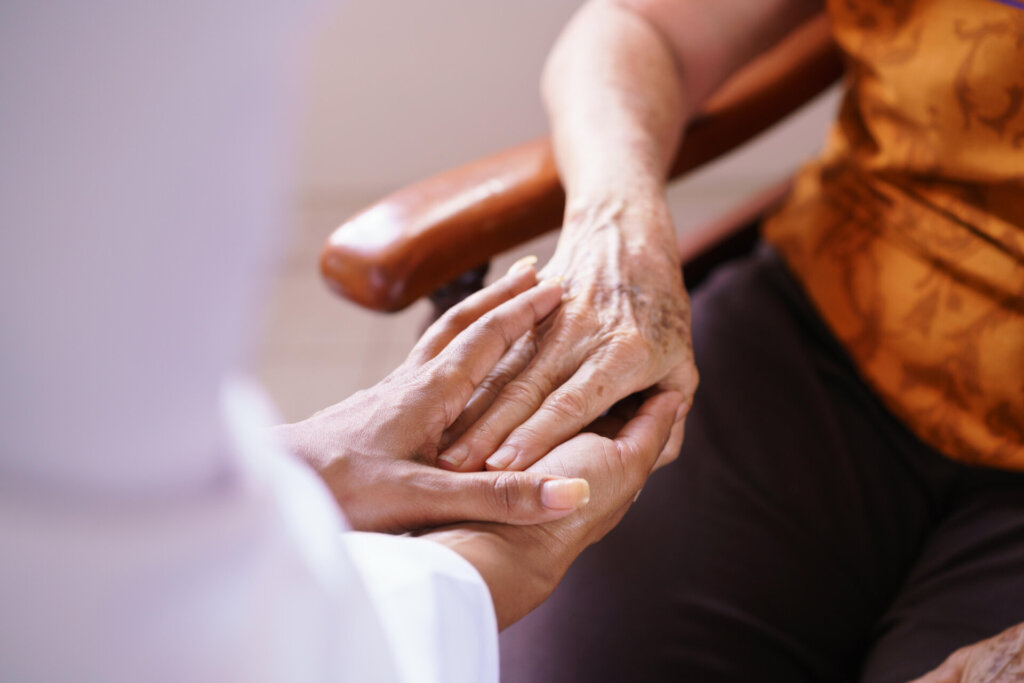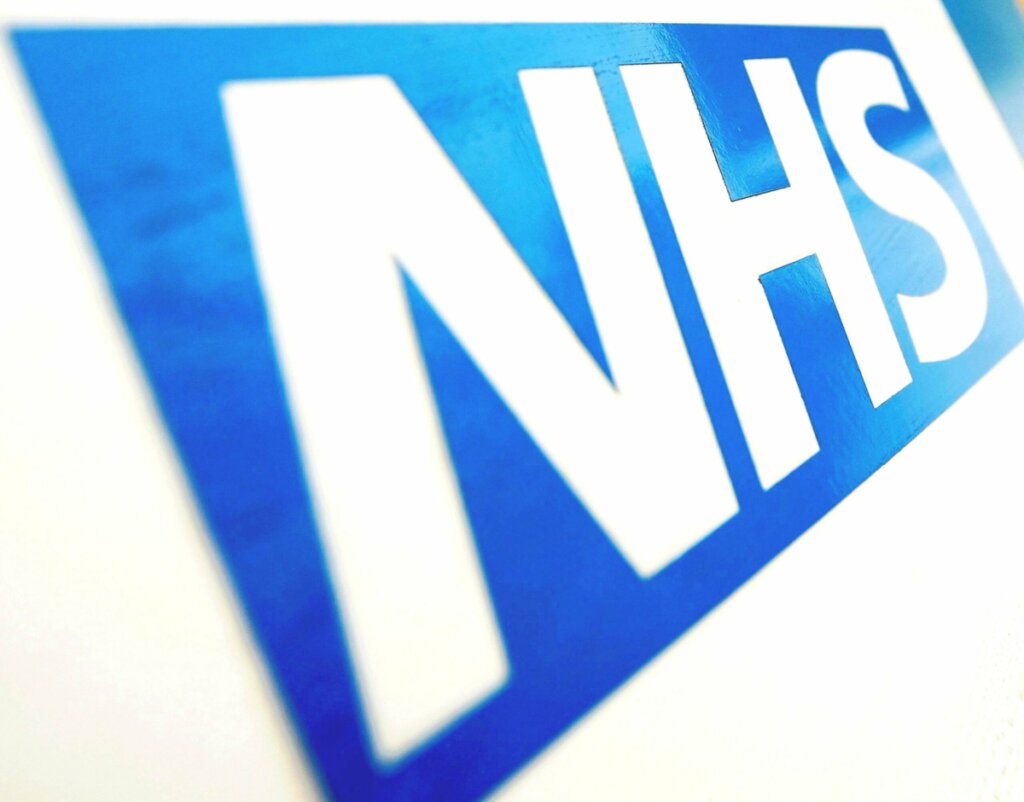A look into the real experiences of women late-diagnosed with ADHD
Written by Grace Genevieve Stewart-Piercy on 1st December 2024
Females tend to be diagnosed with ADHD at a much later age than males do, if diagnosed at all. This means that late diagnosed women therefore lack recieving support, help and education that they could have received in their earlier years, had they been diagnosed as children.
ADHD should present in men and women in equal rates, but, due to the lack of diagnosis and recognition of symptoms in women, it is diagnosed at a third of the rate it is diagnosed in men. Women also, reportedly, mask more than men so that symptoms experienced are more internalised and are less noticeable from the outside.
Mary Anne Olidupe, from Leeds, 24 , told me: “I masked heavily my whole life so that I had less chance for social faux pas.”
I spoke to Professor James Brown, a biomedical scientist, science communicator author and ADHD coach. He is also BBC2’s most used contributer on ‘Trust Me I’m A Doctor’. He has worked on multitudes of other programmes including Channel 4’s Old Peoples home for 4 year olds, ITV1’s ITV Tonight: OAP Bootcamp, to name a few.
Professor James Brown, said: “Firstly, the diagnostic tests for ADHD were largely developed in boys, and therefore don’t necessarily pick up how ADHD presents in girls when they are young. Equally, persistent societal myths about who can have ADHD (many people think it’s just naughty boys running around at school, and this includes some healthcare professionals) means that many women who have ADHD get misdiagnosed with bipolar disorder, borderline personality disorder, anxiety, or depression. Women also generally tend to build better coping strategies, and it’s often when there are big life events such as per menopause that symptoms become so noticeable that they seek assistance.”
Women’s symptoms not being flagged is an issue, because without any concern being raised, no help can be or will be provided. Women, often, tend to display more inattentive traits. Inattentive traits are symptoms such as:
- Difficulty concentrating or to stay in the moment.
- Finding it hard to deliver on deadlines.
- Struggling to keep a clean or tidy work/living space.
- Frequently making careless mistakes.
These symptoms are seen very frequently in both adult women and girls, alike, and are often misinterpreted as laziness, lack of intelligence and apathy. This misinterpretation of symptoms happens at school, in friendship groups, and, at home.
Mary Anne, told me: “As a child nothing was flagged, people just thought I’m not that clever and don’t like school.”
This creates an environment where the person with ADHD constantly being questioned on their work ethic and their attitude. Over time, a lot of people feel constantly blamed and in trouble over things that they are not trying to do.

Burnout: Photo credit: Alamy
This seems to be an issue, particularly at school, with a lot of women reporting that it’s because of the rigid, monotonous days and the level of overstimulation with bright lighting and being surrounded by hundreds of other pupils and staff.
Bron Mills told me that her home life was always very physically active and fun, so her ADHD traits were not as noticeable as a problem in this environment. she also told me that she worked at a radio station and it was busy and active and she fit into it much more naturally, however, when she moved into her communications job, she started to struggle more.
She told me” “I was in trouble at school all of the time.”
Bron, 27, recalled: “I had detention and was shouted at every day in high school.”
This is something that I, absolutely can relate to, as a woman who has been diagnosed with ADHD just this year, at 23. I hated secondary school and would be filled with dread every time someone told me school days are the best days of your life.
I couldn’t understand how five years of the same thing doing every day, in the same place, with the same people could possible the best it gets. I also really struggled to follow the arbitrary rules on uniform and hair. I felt misunderstood the whole time. I would somehow always be in trouble and I’m still not really sure why as I was never a “naughty” kid.
A lot of women also experience burn out due to pressures of masking and trying to perform to the same level as neuro-typical peers. When Bron and I spoke about her experiences at work since her diagnosis, she said: “I don’t set myself up to fail anymore.
“I told my boss I couldn’t re-organise calendars and compile information into one document.”
This is something I hear frequently, either online, or, from friends who are neurodivergent, especially who have ADHD, is that once they have a diagnosis then they can be “kinder” to themselves.
Bron, said: “I had an ‘oh god, I really can’t do this’ moment.” Her feeling in this moment prompted her to go after a diagnosis through psychiatry UK, on the “right to choose” pathway.

Photocredit: Alamy
“Oh my God, such a justification and a relief; the most release I have ever felt.” Bron said, when we were talking about the feeling of being diagnosed. Bron, told me, “doctors will try and diagnose you with depression.”
Mary Anne, echoed Bron’s point, saying: “I had been to the GP so many times and I got to the point that I couldn’t cope”. I could hear that she sounded drained and frustrated as she told me her experiences, when trying to get diagnosed through her GP. She told me that she had been prescribed anti-depressants by her GP but they didn’t help. This is a very common experience for neurodivergent women.
Mary Anne’s experience of diagnosis was emotional, too. She sought a diagnosis privately through health insurance available through her job. Mary Anne, said: I started crying, speechless. It recontextualised my life.”
Mary Anne was keen to share with me that she has Nigerian heritage and that ADHD and neurodivergence isn’t something widely spoken about in her culture.
Mary Anne, said: “No one has these conversations in Nigerian backgrounds. My diagnosis has opened up the conversation for my family to talk about these things.”
Professor James Brown, said that: “For most people, diagnosis allows access to medication (although there is a medication shortage at the moment), and medication is effective in 80% of people with ADHD and helps many people stay engaged in relationships, and in general life. We also know there are better outcomes as people grow from children into adults if they are diagnosed, as mentioned above. Diagnosis also provides protection in the workplace as ADHD is a protected disability under the 2010 qualities act if it has a long-term impact on your ability to work effectively (which for most people it does). Finally, diagnosis helps many people understand themselves, and can be a really powerful way of looking at our past lives and understanding ourselves better.”
Medication is something that all four of us have had to think about. Medication for ADHD feels like it surrounded by a wall of stigma, especially online. Some people report really life changing results. Mary Anne told me: “I have to be medicated.
“There is a lot of stigma around meds, but, these are a genuine lifeline.”
Bron has not, yet, started medication but does want to, saying she wants to “try and see how I go.”
I asked Professor James Brown what to consider if you’re thinking about starting medication and what the experience is like, he said: “Everyone is slightly different, and for some people medication feels like an explosion of productiveness in the brain.
“For others, and this is a quote from a psychiatrist colleague of mine who has ADHD, it just makes us a bit more functional. When it comes to considering medication, I always say it is worth thinking about it. Many people are worried about medication, or do not trust pharmaceutical companies, but there is overwhelming evidence of the benefits of medication. Starting medication involves a process known as titration where the dosage is slowly increased and the patient records both their ADHD symptoms and side-effects, and at the end of this process the patient has a finished dose plan, and then is usually passed on to the GP for that to be prescribed through something called a shared care agreement. Unfortunately, we are increasingly hearing that GPs are being told to either not sign shared care agreement or revoke shared care agreements that have already been signed, as many NHS trusts are struggling to manage the costs of paying for the large increase in ADHD medication that’s occurred over the last couple of years.”
Bron and Mary Anne both have messages if you suspect that you might be ADHD or have another neurodivergence. Bron wants people to “push your doctor, if you feel different.”
Mary Anne added: “I would have had support and if I was labelled as a child, I would have known who I was and I would have had understanding and help.
“We are prone to vices due to needing stimulation for our minds, If I didn’t know that I had ADHD, now, I would potentially be more vulnerable to falling into unhealthy habits like drinking, smoking and gambling.”
On vices like drinking, smoking and gambling Professor James Brown, said: “There’s strong evidence that people with ADHD are more likely to have substance use disorders and behavioural addictions. For example, adults with ADHD 50% more likely to develop an alcohol used disorder the members of the general public, and if you look within population who have alcohol use disorders, then around 20% likely have ADHD (so this is around 4 – 5 times higher than the general population). The positive piece of news around this is that there is good evidence that stimulate medication reduces engagement with substance use, and improves substance use disorders.”
Mary Anne said: “For my life, awareness is key. Diagnoses needs to happen in childhood.”
I am extremely grateful to these women for trusting me with their stories and sharing their experiences of ADHD with me, I would like to thank ‘ADHDUK’ for putting me in touch with these women. I also recommend listening to Professor James Brown’s podcast, ADHD Adults, which he presents with Sam Brown and Doctor Alex Connor.







